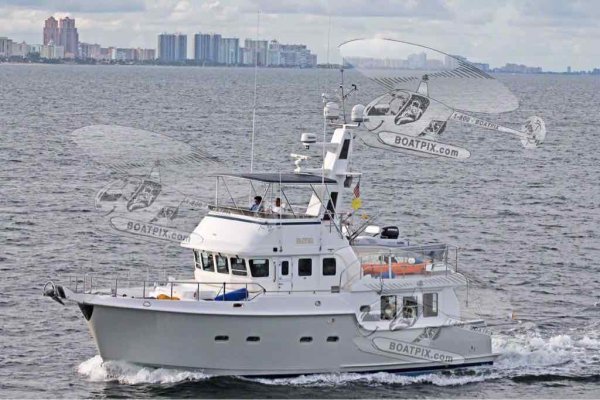Different place, different customs. Go to China and you find out what a car horn is really capable of. It's so bad that in some parts of cities they have "no horn honking" traffic signs, a horn in the red circle with a bar across it. And the police are REAL fast to pounce on someone who uses a horn in a no-honking zone.
But outside of that, the horn is something to be used almost constantly.
Walk through downtown Seattle--- not that I recommend that, it's a sucky city--- but you almost never hear a horn even though the traffic can be as bad as it is in downtown Beijing or Shanghai. Same thing seems to be true in Vancouver, BC.
The folks up here--- and this is s major generatity--- seem to place a lot more value on natural quiet than people in other places. Hence the flood of complaints about the horn-user in our harbor and the speed at which the Port shut his horn blowing down, legal requirement or not.
It's been my observation over the 36 years I've been living here that the population is, for the most part, very intolerant of noise they deem overly loud or annoying (except in Century Link stadium when the Seahawks are playing). As I say, even the ferries stop blowing their departure warning signal after sundown. I guess if a boater doesn't see the ferry backing out, they'll get run over. But so far, the absence of the loud signal after dark is deemed to be more important than the risk of someone not seeing the ferry back out.
All of which is great as far as I'm concerned. I much prefer hearing the whoosh of the air going around the gulls' wings as they skim our boat than somebody's horn at the harbor entrance. When we depart or enter our harbor, we simply anticiapte there will be a boat on the other side of the breakwater and plan accordingly. Much nicer for the karma in the harbor than blasting away on our loud, annoying air horn.







